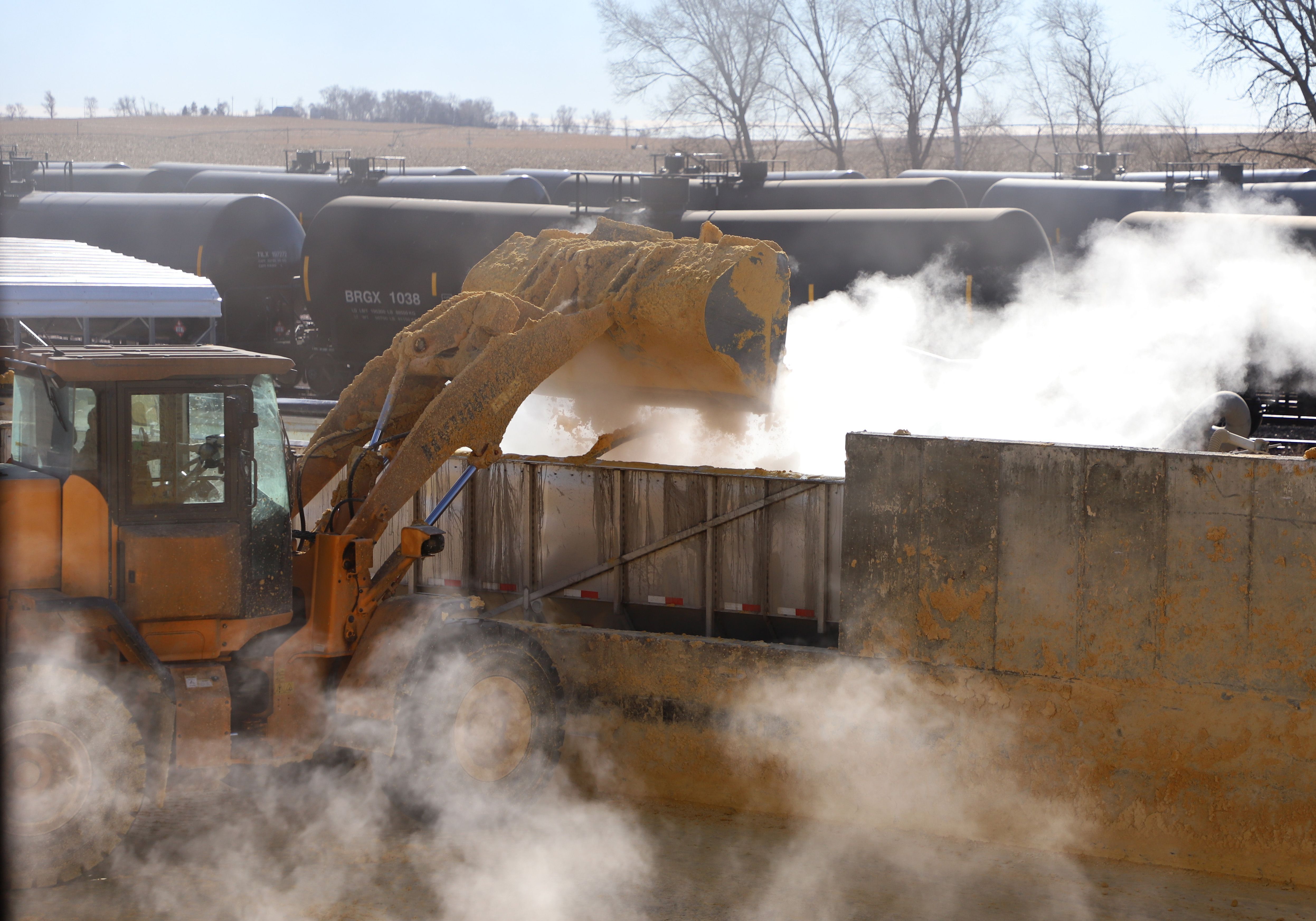These studies estimate the overall economic impact of the Nebraska ethanol and co-products industry. The studies use a quantitative measure (IMPLAN) and fundamental economic analysis to assess industry's impact.
The most recent study from 2021-2023 shows that the Nebraska ethanol industry remains an important market in Nebraska, producing more than 2 billion gallons of ethanol each of those years, and contributing an overall economic impact of $6.2 billion annual average during that timespan. The Nebraska ethanol industry has shown resilience through continued expansion in total capacity and diversification of co-products.


